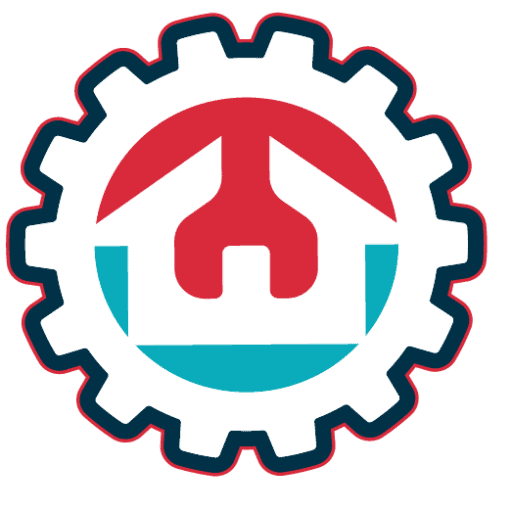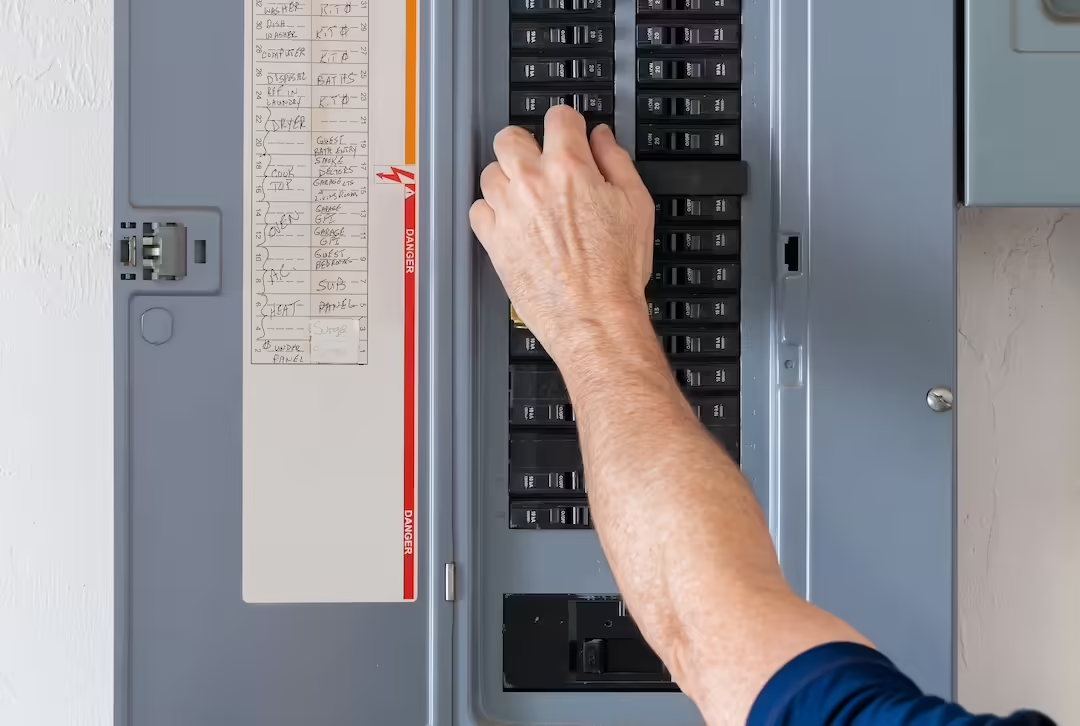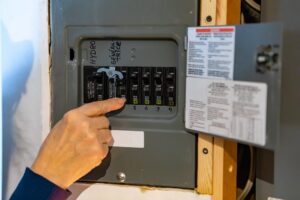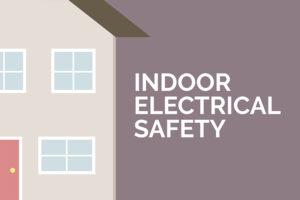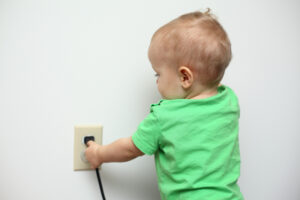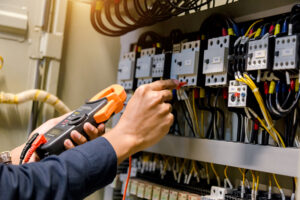If you’re a homeowner, understanding your electrical panel’s power capacity is crucial for maintaining a safe and efficient home. Whether you’re planning a renovation or just want to ensure your home’s electrical system is up to date, this guide will walk you through everything you need to know about your electrical panel.
Understanding Your Electrical Panel
Your electrical panel acts as the heart of your home’s electrical system. It distributes electricity to various circuits throughout your home. Knowing the capacity of your panel helps manage energy usage and prevents overloading. Typically, residential panels range from 100 to 400 amps, depending on the size and age of the home.
Calculating Your Home's Power Needs
To estimate your power needs, consider all electrical devices used in your home. Calculate the total wattage by adding the wattage of each device and divide by the voltage (typically 120 volts for homes in the US) to get the amperage required. This will help determine if your current panel can handle your needs or if an upgrade is necessary.
Our Free Home Power Calculator
To simplify the process of determining if your electrical panel can handle your home’s power needs, we’ve developed a free, easy-to-use Home Power Calculator.
This tool helps you quickly assess your energy consumption and understand your current panel’s capacity. Simply input the wattage for each of your electrical devices, and the calculator will provide an estimate of your total power usage.
Signs Your Panel Needs an Upgrade
- Frequent Circuit Breaker Trips: If your circuit breakers trip frequently, it might indicate that your panel is overloaded.
- Flickering Lights: Lights that frequently dim or flicker can signal an inadequate power supply.
- Old Panel: Panels older than 20-30 years may not support modern appliances and electronics effectively.
For more detailed information on whether your panel requires an upgrade, be sure to check out our comprehensive resource titled “Does Your Panel Need an Upgrade?” This guide provides in-depth insights into the common signs and considerations for upgrading your electrical panel,
Factors That Affect Power Capacity
Several factors influence your electrical panel’s capacity:
- Size of Your Home: Larger homes generally require larger panels.
- Number of Appliances: Adding high-energy appliances like HVAC systems can increase power demands.
- Renovations and Additions Expanding your home typically requires a panel upgrade to accommodate additional circuits and outlets.
Options for Upgrading Your Electrical Panel
If you need more power, upgrading your panel is essential. Options include:
- Increasing Amperage: Upgrading from a 100-amp to a 200-amp panel is common in modern homes.
- Subpanels: Adding a subpanel can help distribute power more efficiently without replacing the main panel.
What is a Subpanel?
A subpanel is an auxiliary panel that branches off from the main electrical panel to serve additional circuits within a home. It acts as a satellite breaker box, distributing power to specific areas, such as additions or outbuildings, which allows for more efficient management of electrical loads.
Subpanels reduce the strain on the main panel by providing extra space for circuit breakers, thus facilitating the distribution of power and enhancing the overall electrical system’s flexibility and capacity. They are especially useful in large homes or properties with expanded electrical needs.
⚠️ Safety Considerations for Panel Upgrades
- Do Not DIY: Electrical panel work should always be carried out by a licensed electrician to ensure safety and compliance with local codes.
- Follow NEC Guidelines: Suffolk County adheres to the National Electrical Code for all installations and upgrades.
- Obtain Permits: A permit is required for panel upgrades, and work must be inspected by a qualified professional.
The Process of Upgrading Your Panel
- Consult a Licensed Electrician: They will assess your current system and recommend an upgrade plan.
- Obtain Necessary Permits: Ensure all required permits are secured before work begins.
- Installation: The electrician will install the new panel and configure your home’s wiring.
- Inspection: Post-installation, the work will be inspected for compliance with local and national codes.
Post-Upgrade Maintenance Tips
- Regularly Inspect Your Panel: Check for any signs of wear or damage.
- Keep the Panel Area Clear: Ensure nothing obstructs access to the panel.
- Schedule Periodic Professional Inspections: Have a professional examine your electrical system periodically to ensure it’s functioning correctly.
By understanding and maintaining your electrical panel, you ensure the safety and efficiency of your home’s electrical system. For homeowners in Suffolk County, NY, following local guidelines and working with licensed professionals is key to a successful panel upgrade. Always prioritize safety and compliance, and don’t hesitate to consult with experts when considering changes to your electrical system.
